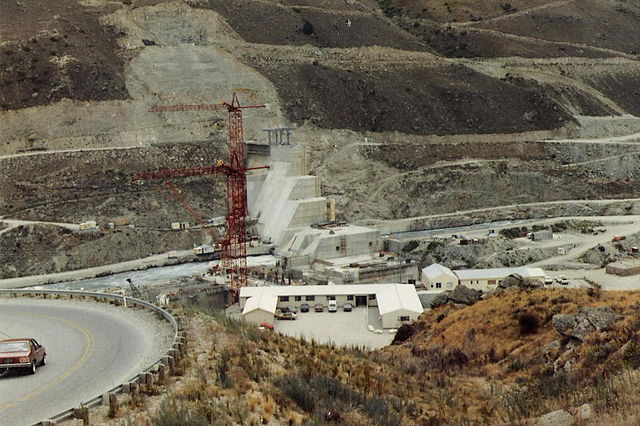Oren Cass, author of The Once and Future Worker: A Vision for the Renewal of Work in America, has written a deeply confused response to Samuel Gregg’s essay ‘How Economic Nationalism Hurts Nations.’
Cass’s essay, “Comparative Disadvantage,” goes off the rails almost immediately after defining comparative advantage:
Comparative advantage allows trading partners, whether individuals or nations, to specialize where each has the lower opportunity cost, increasing total output and, through mutually beneficial exchange, leaving both with more to consume. The sooner that each side “discovers” its advantage and specializes accordingly, the sooner benefits can flow.
Cass rejects the consensus of economists since David Ricardo on the grounds that:
…the description bears no resemblance to how the international economy operates. Even the stylized example raises more questions than it answers. Israel is indeed an international technology powerhouse. But why? Is it simply in the nature of small, socialist agricultural communities founded by refugees and beset constantly by war and terrorism to become centers of innovation? Is it something about the Mediterranean winds, perhaps? Or, as the World Bank suggests, has it “been the Israeli government’s explicit goal to position Israel at the core of the knowledge economy.… There is broad agreement as to the significant role played by the government in the emergence and development of Israel’s vibrant and dynamic high-tech sector.”
Comparative advantage does not describe how nations or persons specialize in things they excel at but rather why countries produce and export things at which they do not have an absolute advantage:
The explanation of the apparent paradox is that the citizens of the importing country must be even better at producing something else, making it worth it for them to pay to have work done by the exporting country. Amazingly, the citizens of each country are better off specializing in producing only the goods at which they have a comparative advantage, even if one country has an absolute advantage at producing each item.
Comparative advantage is not a blue print for economic policy but an explanation of dynamic market phenomena.
Economic development and specialization is not mono-causal. Institutions, human capital, entrepreneurship, natural resources, geography, technology, knowledge, labor, and old fashioned financial capital all play a role. If political will were all that was needed New Zealand’s industrial policy in the late 1970s and early 1980s would have lead to unprecedented prosperity and not a public debt crisis. Thankfully New Zealand abandoned the economic ignorance which animates all central planning, including “industrial policy,” and embraced the market centered reforms that continue to make it one of the freest and most dynamic economies in the world.
